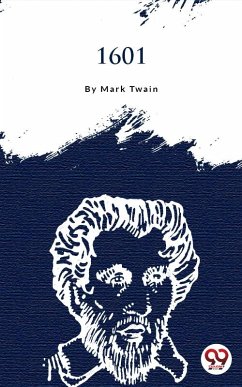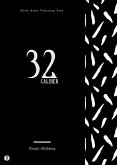A brief, risqué squib by Mark Twain with the title "1601" was initially published anonymously in 1880 and was ultimately credited to the author in 1906. The pamphlet, which was written as an excerpt from one of Queen Elizabeth I's ladies-in-diaries, waiting's claims to be a transcript of a conversation between Elizabeth and numerous well-known authors of the day. All of the themes mentioned are scatological, including sex, humor about flatulence, and flatulence. The squib was first created in 1876 as a Rabelais-inspired writing exercise for "a highly respected, all-male writing society." It was first released in the "very rare" Cleveland edition of 1880, of which only four copies are thought to exist. The first version was unnamed. Twain learned that Charles Erskine Scott Wood, a man he met while touring West Point in 1881, had access to a personal printing press. The work was still regarded as unprintable and was distributed covertly in privately printed limited editions prior to the court decisions in the United States in 1959-1966 that authorized the publishing of Lady Chatterley's Lover, Tropic of Cancer, and Fanny Hill.
Dieser Download kann aus rechtlichen Gründen nur mit Rechnungsadresse in A, D ausgeliefert werden.









